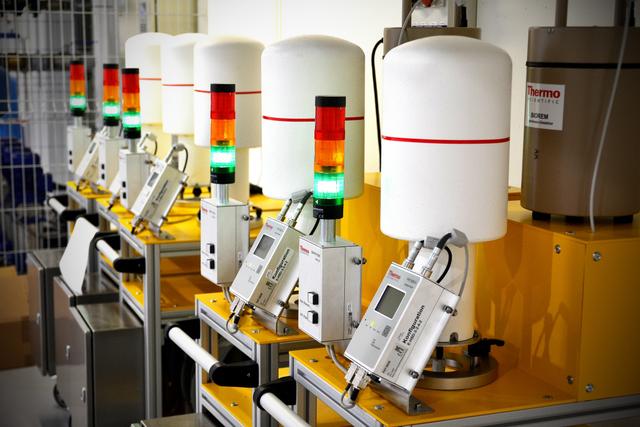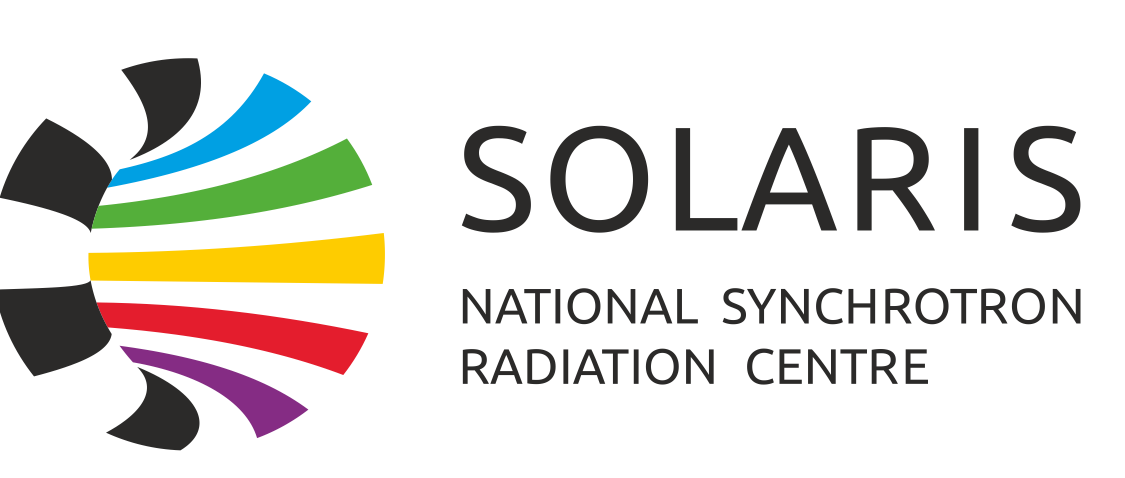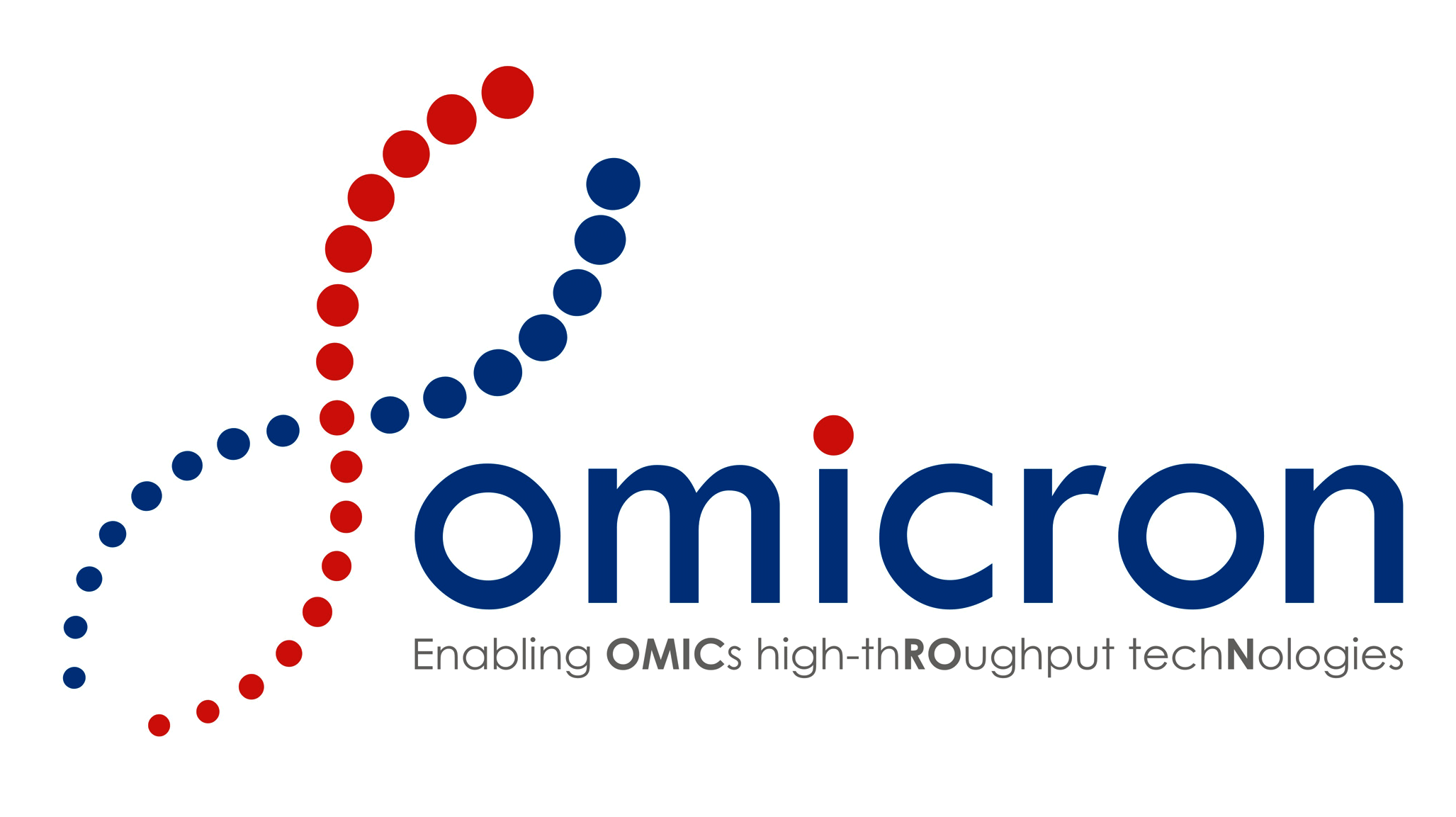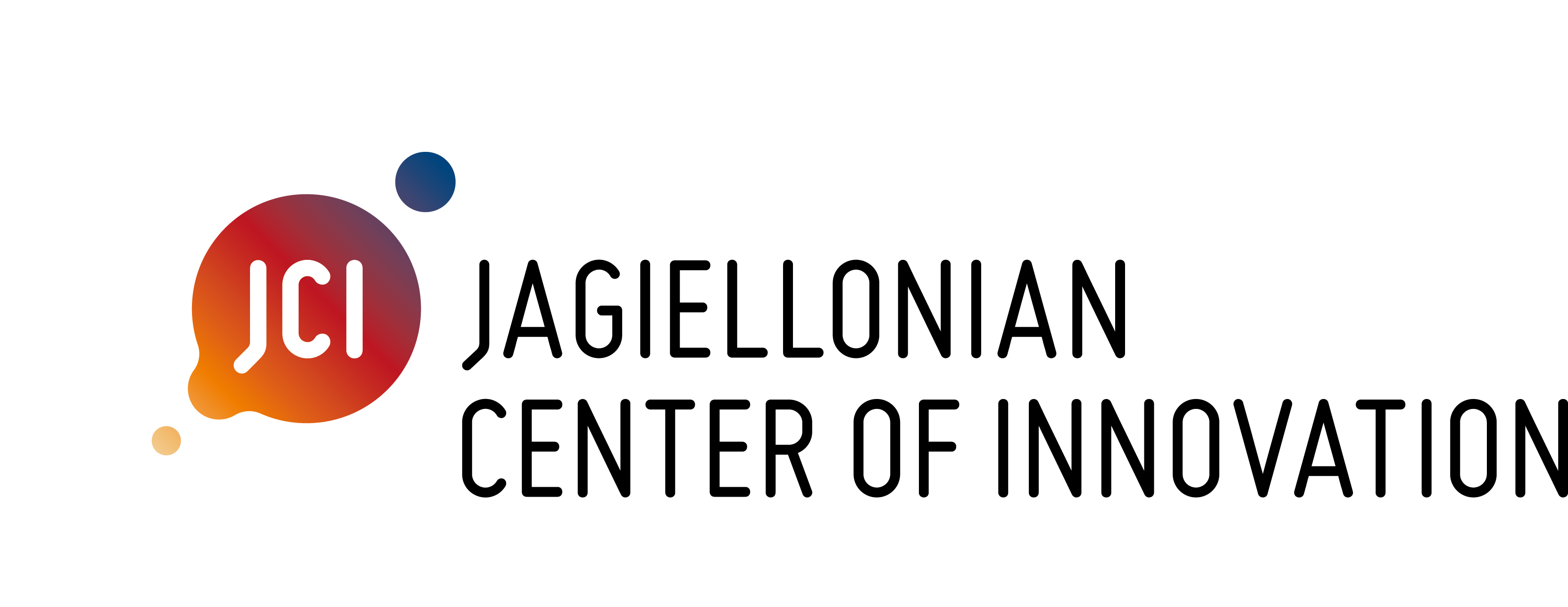Researchers and scientific infrastructure make the Jagiellonian University one of the leading Polish scientific institutions collaborating with major academic centres from all over the world. The University’s mission is based on two pillars: educating new generations of socially sensible and creative people as well as conducting scientific research that expands our knowledge of the world and humanity. The University is also home to about 150 students’ societies where young researchers pursue academic interests and develop friendship with those who share their passions.
Projects, patents and inventions 
The University’s current position is also reflected in the growing number of patent applications and patents granted to JU academic staff members. In 2021 the Jagiellonian University developed 19 Polish and 49 international patent applications as well as 68 knowledge transfer agreements concerning inventions or other results developed by the JU research teams, including 9 licenses. 37 Polish and 17 international patents were granted, mainly in European Patent Office and the USA.
In 2021 JU carried out 1,800 projects, including 1,624 research, 129 educational and 47 others. 375 projects, of total worth 71,540,981 PLN, were being implemented in cooperation with international partners.
Unsurprisingly, the JU staff have been honoured with a number of prestigious distinctions and awards, including the elite awards of the Foundation for Polish Science (“Polish Nobel Prizes”).
The Malopolska Centre of Biotechnology (MCB) is a research unit at the Jagiellonian University created with the aim to carry out research of outstanding quality. The mission of MCB is to stimulate scientific collaboration within the University and with other Polish, European and world research institutions. The International Advisory Board is responsible for the evaluation of MCB performance and shaping the future of this exceptional research unit. By offering modern laboratory space and implementing international standards, MCB provides an attractive workplace for the most talented Polish and international scientists. The main research areas explored at MCB are structural biology, plant molecular biology and genome biology. Currently, over 15 groups are conducting research at MCB and three of them, including a Max Planck laboratory, are led by foreign scientists. MCB research is supported by core facilities in genomics, proteomics, structural biology and a GMP-cell bank serving internal needs, neighbouring faculties and business.
 The SOLARIS synchrotron is the most modern and largest multidisciplinary research tool in Poland. Moreover, its outstanding capabilities place it firmly at the cutting edge of devices of this type in the world. It was created as a result of unprecedented collaboration between the SOLARIS Centre and the MAX IV Laboratory, a research facility active at the University of Lund in Sweden. The SOLARIS synchrotron began operations with two beamlines (for photoemission electron microscopy/X-ray absorption spectroscopy and for angle resolved photoemission spectroscopy) while at the end of 2021 SOLARIS facilitates five beamlines, operating in the range of radiation from UV to soft X-ray, providing various experimental techniques. The next three new beamlines are under construction to be opened in the next few years. Ultimately, however, the experimental hall of the Kraków accelerator will house dozens of them. In total, the beamlines will be fitted with about twenty end-stations. Research will be carried out round the clock, seven days a week, simultaneously at all the stations.
The SOLARIS synchrotron is the most modern and largest multidisciplinary research tool in Poland. Moreover, its outstanding capabilities place it firmly at the cutting edge of devices of this type in the world. It was created as a result of unprecedented collaboration between the SOLARIS Centre and the MAX IV Laboratory, a research facility active at the University of Lund in Sweden. The SOLARIS synchrotron began operations with two beamlines (for photoemission electron microscopy/X-ray absorption spectroscopy and for angle resolved photoemission spectroscopy) while at the end of 2021 SOLARIS facilitates five beamlines, operating in the range of radiation from UV to soft X-ray, providing various experimental techniques. The next three new beamlines are under construction to be opened in the next few years. Ultimately, however, the experimental hall of the Kraków accelerator will house dozens of them. In total, the beamlines will be fitted with about twenty end-stations. Research will be carried out round the clock, seven days a week, simultaneously at all the stations.
Over the last decades, synchrotron light has supported cutting-edge research in physics, chemistry and material science and has opened up many new areas of research in fields such as medicine, geological and environmental studies, structural genomics and archaeology. The SOLARIS synchrotron provides Polish and international researchers with opportunities to conduct new valuable research in numerous fields of science.
The SOLARIS centre is more than just a synchrotron. In the building, there are also two cryo-electron microscopes of the latest generation that allow structural biologists to conduct research at the forefront of science.
 The Jagiellonian Centre for Experimental Therapeutics (JCET) is a research centre at the Jagiellonian University, dedicated to interdisciplinary research in the field of Endothelial Biomedicine. JCET mission is to better understand mechanisms of endothelial dysfunction in various diseases, to profile effects of drugs on endothelial function, and to carry on cutting-edge interdisciplinary research related to Endothelial Biomedicine with the far-fetched aim to translate this knowledge into clinical medicine.
The Jagiellonian Centre for Experimental Therapeutics (JCET) is a research centre at the Jagiellonian University, dedicated to interdisciplinary research in the field of Endothelial Biomedicine. JCET mission is to better understand mechanisms of endothelial dysfunction in various diseases, to profile effects of drugs on endothelial function, and to carry on cutting-edge interdisciplinary research related to Endothelial Biomedicine with the far-fetched aim to translate this knowledge into clinical medicine.

Center for Medical Genomics OMICRON at the Faculty of Medicine of the Jagiellonian University Medical College implements high-throughput genomic methods to study biomedical research problems. To achieve these goals the Center collaborates with numerous researchers and clinicians at the Medical College and elsewhere. OMICRON’s core methods include microarrays and next generation sequencing. The Center has the capability to implement all steps, starting from patient-derived sample (e.g. blood, tissue or cell culture), through isolation of nucleic acids and proteins, quantification and quality evaluation of the samples, preparation of sequencing libraries or microarray-ready labelling, microarray and sequencing readout, and analysis of large volumes of genomic data. The results of genomic experiments can be further extended in OMICRON’s laboratory through functional genomics, e.g. studying effects of genomic variation on cell viability, motility, metabolism, interaction of intracellular molecules, and cell signalling via extracellular microvesicles. The Centre specialises in analysis of the transcriptome, not limited to mRNAs, but including also microRNAs and long non-coding RNAs. The laboratory is currently preparing for implementation of single cell genomic methods.

Copernicus Center for Interdisciplinary Studies is an extra-faculty unit of the Jagiellonian University in Kraków. Copernicus Center conducts advanced interdisciplinary studies at intersections of natural sciences, humanities and social sciences, especially including: physics, cosmology, philosophy, history of science, mathematics, and cognitive science.
The Copernicus Center is also involved in the popularization of science and education. It organizes public lectures, discussions and annual Copernicus Festival. The Center manages the Copernicus College, the first Polish MOOC, as well as the channel Youtube.com/CopernicusCenter. The publisher, Copernicus Center Press, operates under the auspices of the Center.

The Jagiellonian Center of Innovation is a company established by the Jagiellonian University. It is responsible for the Life Science Park management, runs a number of educational projects and offers a complementary set of services for entrepreneurs and researchers in the area of life science, including financial support for innovative companies, contract research and clinical research services, as well as renting specialist laboratory space. JCI also has its own line for contract cosmetics production.
Centre for Technology Transfer CITTRU was founded at the Jagiellonian University in 2002. Its main purpose is to support research by building portfolio of technologies and ideas developed at JU and creating strong relationships with business, thus bridging a gap between science and society. CTT CITTRU activities include, among others, management of the complex process of commercialization of research results. Its multidisciplinary team is responsible for: identifying interesting research results, patent protection, active search for partners interested in bringing JU inventions to the market and negotiation of knowledge transfer agreements. Only in 2021 it resulted in:
- 19 Polish and 49 international patent applications;
- 37 Polish and 17 international granted patents (mainly in European Patent Office and the USA);
- 68 knowledge transfer agreements concerning inventions or other results developed by the JU research teams, including 9 licenses.
CTT CITTRU manages also contract research commissioned in JU by external partners, as well as promotes academic entrepreneurship, through business incubator (AIP UJ) focused on support for start-ups created by the members of the JU community. The Centre and its incubator are engaged in various educational activities, including: regular academic courses, webinars, trainings and lectures.
The Jagiellonian Library is the oldest university-wide unit, having extremely valuable and unique collections of manuscripts and old prints as well as online access to wide selection of the latest digital resources of science, including the world's most important scientific journals or databases. Furthermore, it offers the Jagiellonian Digital Library - a platform which makes available digital copies of almost million documents stored in the Library, as well as the Repository of the Jagiellonian University, providing access to information about the current academic achievements and full texts of selected publications of University employees. Thanks to its extensive collection of Polish books and journals, the Jagiellonian Library is recognised as the second Polish national library.
The Jagiellonian University is responsive to the needs of diverse student groups. It has its own Accessibility Centre, a centre of educational support for persons with disabilities and in difficult health circumstances. The Centre’s mission is to ensure equal educational opportunities for persons with disabilities as well as to increase the University’s accessibility for those with special needs. In its work, the unit is guided by the values enshrined in the UN Convention on the Rights of Persons with Disabilities, the standards of inclusive education and the principles of equal treatment, fully respecting the rights and obligations of undergraduate and doctoral students based on the rules governing the studies and ordinances of the University Rector. It is of key importance for the Accessibility Centre to progressively ensure accessibility at the University in the physical and digital aspects, as well as in terms of communication and information.
The support offered by the Centre includes:
- organisation of courses and examinations in formats responding to the challenges related to specific disabilities or other special needs
- consultation of the students’ current situation at the University
- co-operation with academic teachers in order to ensure an optimal educational process
- adaptation of educational materials
- provision of educational assistants
- organisation of adapted foreign-language courses for students with sight and/or hearing disability
- organisation of training for students, teachers and administrative staff improving their knowledge of various aspects related to the needs of persons with disabilities and special needs
- guidance on receiving the disability allowance (in case of students holding a disability attestation)
- provision of Polish Sign Language interpretation.
